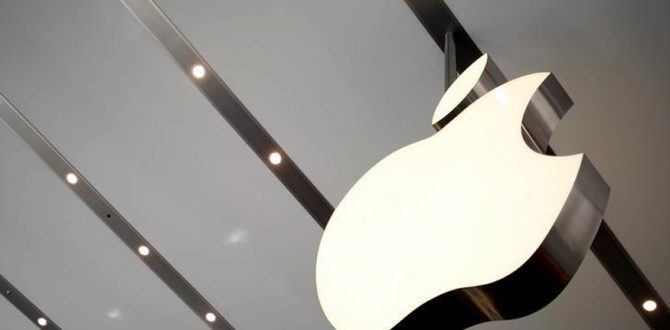Qualcomm said this week it had filed the suits in Beijing’s intellectual property court, claiming patent infringement against Apple. If successful Apple could be blocked from selling or manufacturing some iPhones in China. The two firms are fighting on multiple fronts around the globe from the United States to Europe and Asia, but the China case is particularly thorny because the iPhone is almost entirely made in the country by contract manufacturer Foxconn.
“Effectively – if they get an injunction – you would have a worldwide injunction that would block (Apple) exports from China,” said Erick Robinson, director of patent litigation for Beijing East IP and a former director of patents for Qualcomm. “China is still unpredictable and Apple has a ton to lose.” Apple has antitrust suits against Qualcomm in the United States as well as nearly a dozen in the United Kingdom, Japan, China and Taiwan alleging that Qualcomm is charging unfair prices for its technology.
In return, Qualcomm is seeking injunctions against Apple in the United States with complaints to the International Trade Commission as well as filing complaints in Germany. Now it has set it sights on China. But putting Apple away in China is a tough act, lawyers said. Apple suppliers employ hundreds of thousands of people in China, so authorities may be wary of hitting jobs with a ban on production. More to the point, lawyers said it was unlikely either firm would allow the case to get to an injunction, speculating that Qualcomm’s main aim was to increase its leverage over Apple at the negotiating table over any final settlement.
A Shanghai-based intellectual property lawyer said it would take “a year or two” to get to the point where the threat of injunction was imminent, but that eventually, it would get “too close for comfort”. “The consequences are just dire if (an injunction) were to actually happen, the lawyer, who asked not to be named because Qualcomm and Apple were clients of his firm, said. “That is very significant leverage Qualcomm would have over Apple.”
SMARTPHONE TARGET
The chipmaker has not made public which iPhone models would be included, but Christine Trimble, a spokeswoman for Qualcomm, said it would cover the iPhone 7. The patents include power savings technologies and Apple’s Force Touch feature in newer iPhones. “The patents we’re asserting in these complaints are non-cellular wireless technologies that Apple uses in its iPhones,” Trimble told Reuters. “The patents are a few examples of the many Qualcomm technologies that Apple is using without paying Qualcomm.”
Apple, which has said previously it pays fair and reasonable rates for the patents it uses, said Qualcomm’s claim is “meritless.” “Regulators around the world have found Qualcomm guilty of abusing their position for years. This claim is meritless and, like their other courtroom manoeuvres, we believe this latest legal effort will fail,” said an Apple spokeswoman in Shanghai. Chinese regulators fined Qualcomm $975 million in 2015 over antitrust violations. Taiwan’s Fair Trade Commission said last week it would fine the firm $774 million over similar issues.
‘MUTUALLY ASSURED DESTRUCTION’
Lawyers said Apple would likely file more unfair competition or anti-trust cases against Qualcomm in Chinese courts, or seek to get the relevant patents invalidated by the Chinese patent office. The iPhone maker could also seek to have the patent cases held up by the Beijing IP court while the patent invalidation decision was being made. The cases would then go through a series of hearings at the Beijing court before any injunction.
“Given the known circumstances and the parties, an injunction is unlikely to be forthcoming in this type of situation,” said Elliot Papageorgiou, head of intellectual property at Clyde & Co China. Last year, a Beijing court banned Apple’s iPhone 6 and 6 Plus models, saying they were too similar in design to the Shenzhen Baili 100C smartphone. The ruling was overturned this year in favour of Apple.
Injunction requests often used to boost leverage in negotiations, have not proved hugely effective in patent litigations, however. By the time a court makes a ruling on such cases, the products involved in the suit often become outdated and defending firms introduce new models that do not use disputed patents. “The reality is both parties should get together and avoid mutually assured destruction,” said Beijing-based Robinson, who estimated it would be 18 months before any potential injunction.
“Apple has been giving Qualcomm trouble in the United States and in China; Qualcomm has the patent portfolio to completely block the manufacturing chain for Apple if that’s what they want to do.”
3 Reasons To Buy Apple iPhone 8 Plus and 2 Reasons To Skip It | Feat The Unbiased Blog







